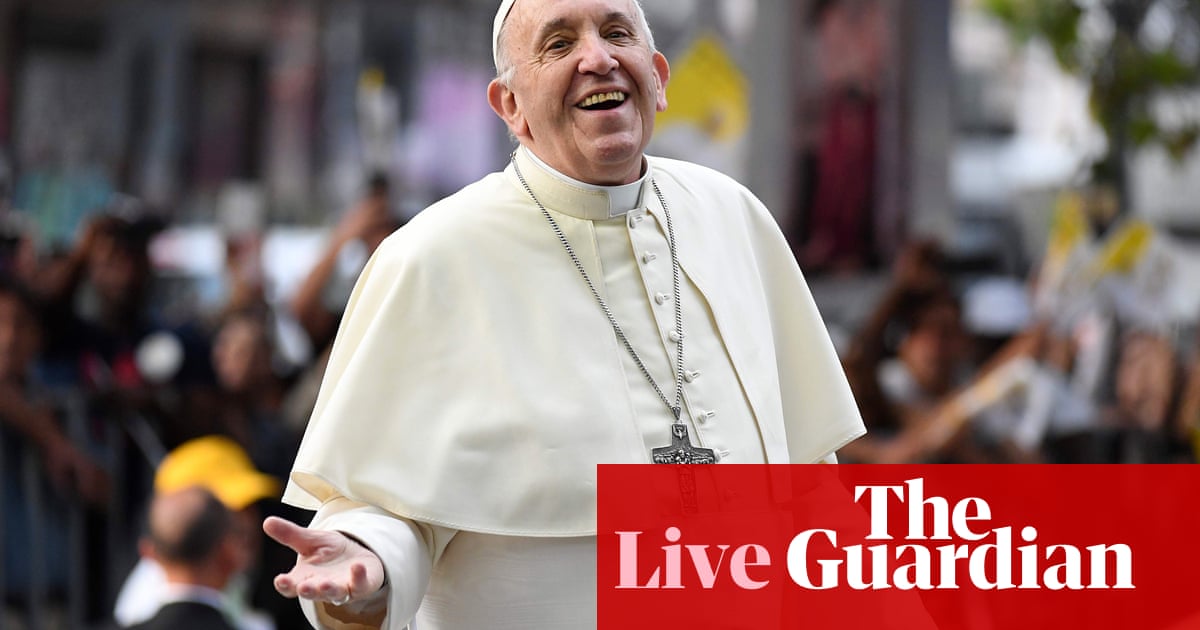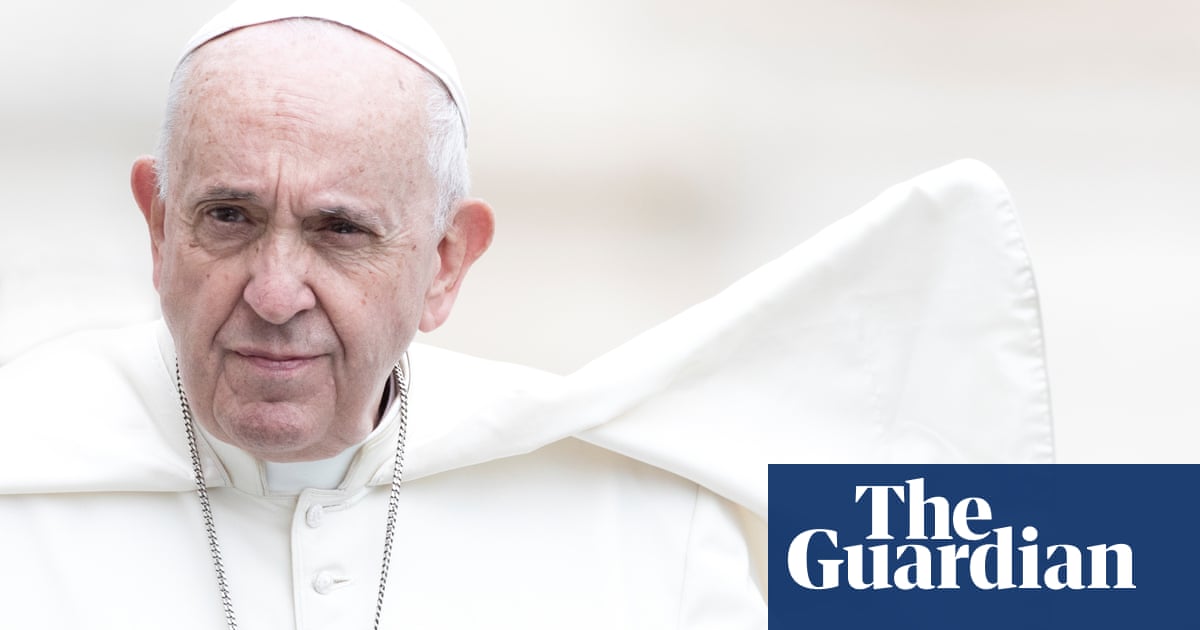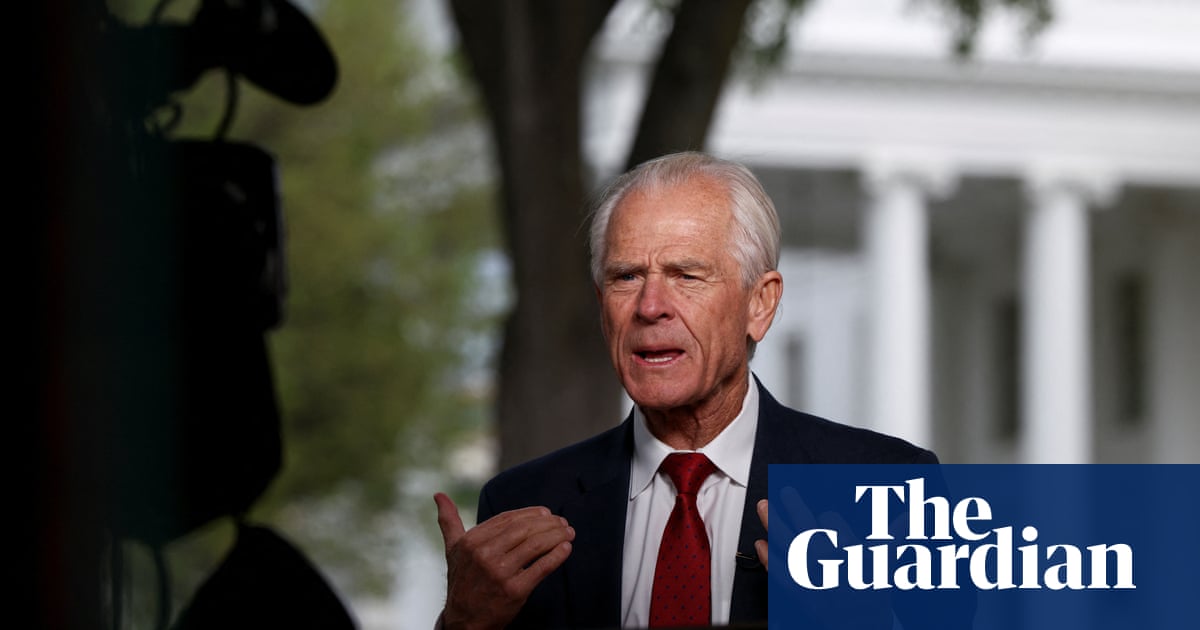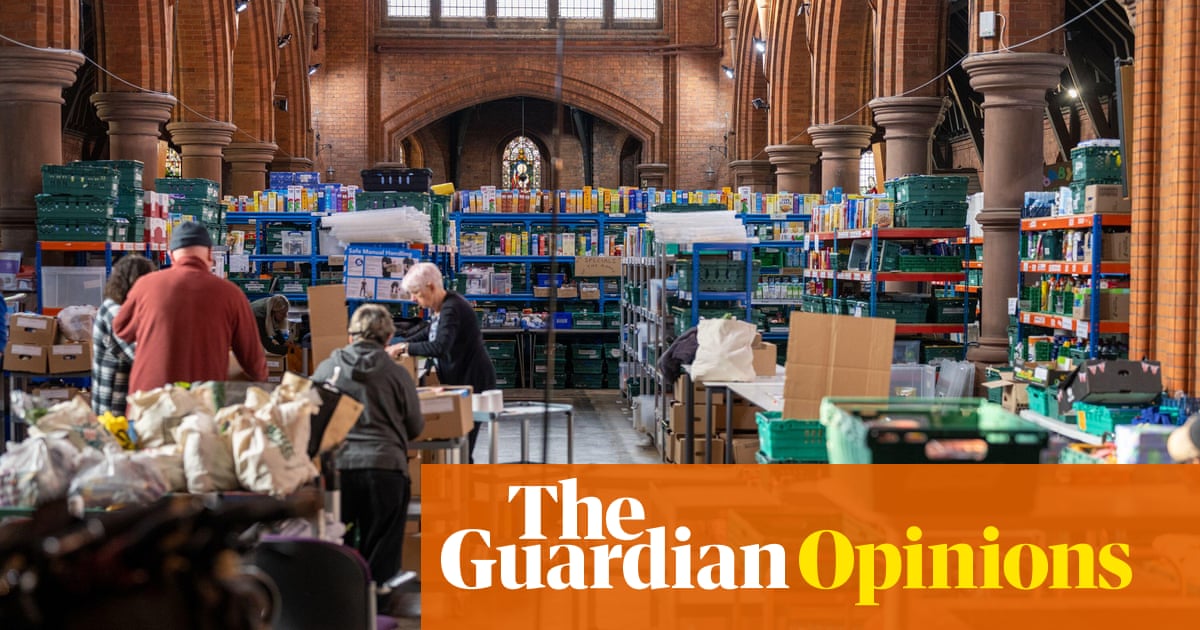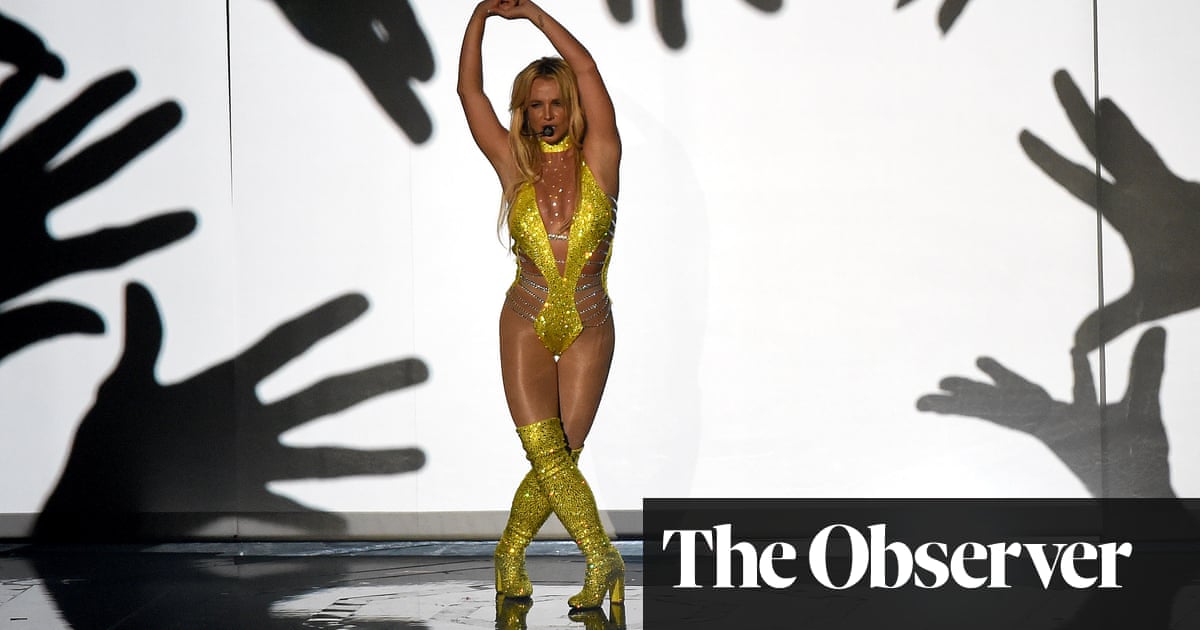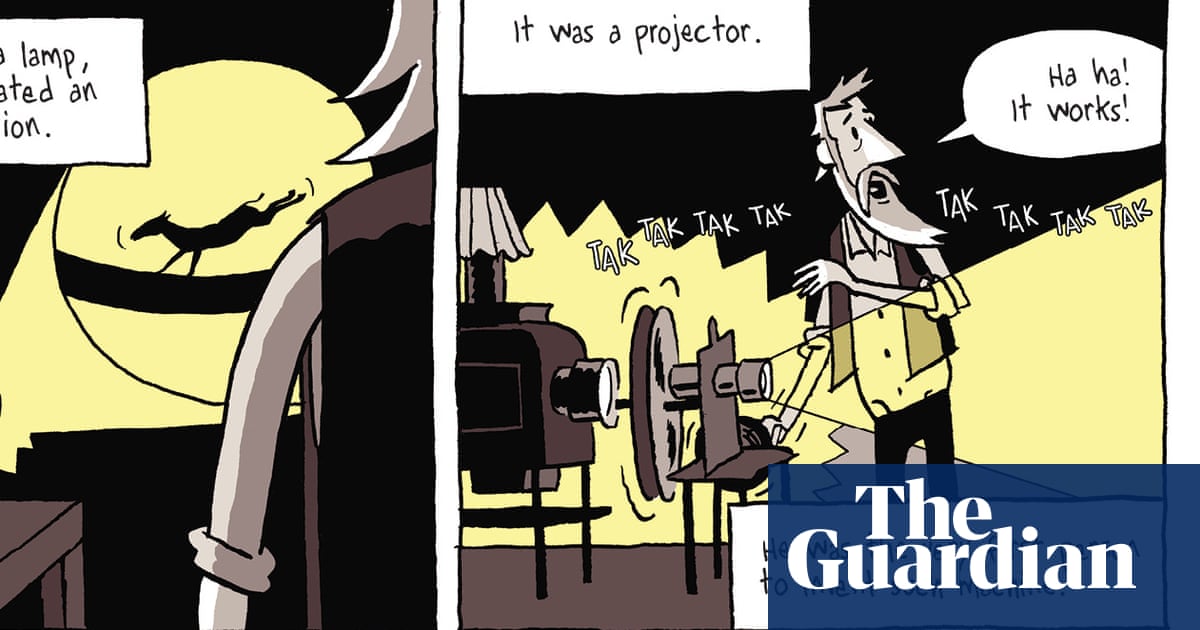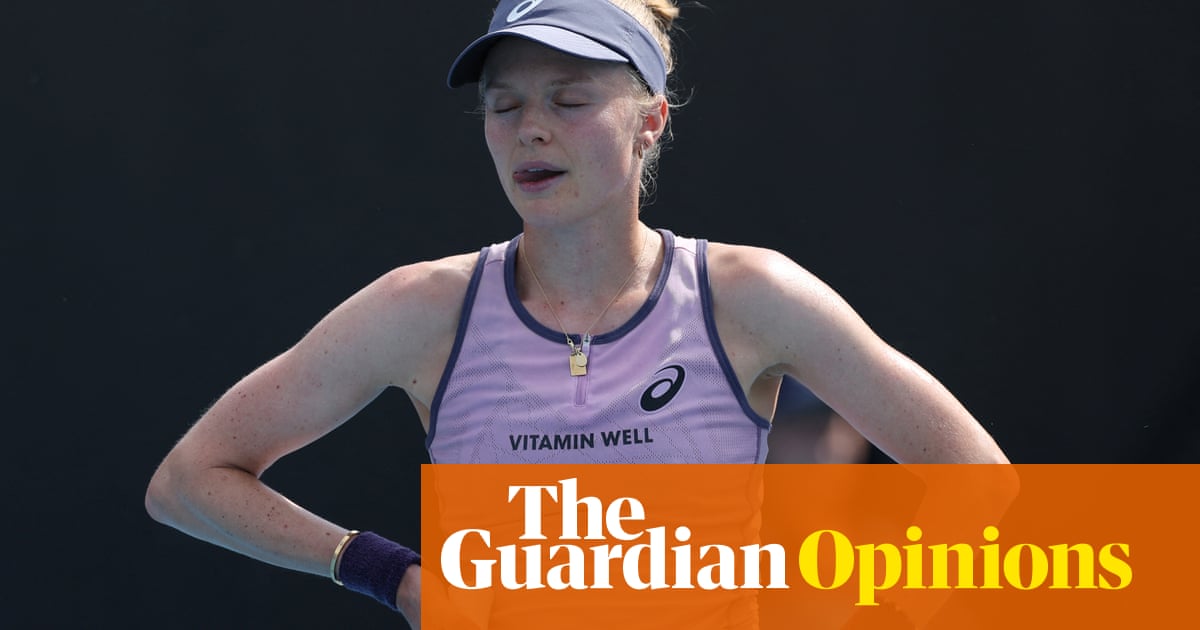Government bond yields ease but remain near multi-year highs
Government borrowing costs are easing, bringing some respite to the beleaguered chancellor, Rachel Reeves.
The yield, or interest rate, on the 30-year gilt, fell by 2 basis points to 5.407%. Yesterday, it spiked to 5.472%, the highest since 1998 as investors sold off UK government bonds. (When the price of a bond goes up, the yield goes down.)
The 10-year gilt yield is down by nearly 3 basis points at 4.846%, mirroring eurozone bond yields which are down by a similar amount, in Italy, Portugal and Greece.
Germany’s 10-year yield, the benchmark for the eurozone, is down almost a basis point at 2.579%, after rising to 2.612% yesterday, the highest since July.
US Treasury yields also fell in Asian trade, after a similar modest decline in the final 20 minutes of US trading yesterday when Bloomberg’s tariff story came out, analysts at Deutsche Bank note.
Bloomberg reported that Trump’s team are discussing slowly ramping up tariffs month by month to boost negotiating leverage.
Reeves is not out of the woods yet, with government bond yields remaining near multi-year highs.
Deutsche Bank analysts led by Jim Reid said:
Even though US Treasuries have been the primary focus given their importance as a global benchmark, the UK has seen some of the most severe losses, and yesterday saw those continue across multiple asset classes.
In particular, the 10yr gilt yield (+4.7bps) was up to another post-2008 high of 4.88%, and the 30yr yield (+3.1bps) was at a post-1998 high of 5.43%. In both cases, that was the sixth consecutive day they’ve moved higher, and the rise in yields means the government is at increasing risk of breaching its fiscal rules without fresh tax rises or spending cuts.
Key events Show key events only Please turn on JavaScript to use this feature
Shares in FTSE 250-listed Ocado jumped by 12% after it reported its best Christmas ever.
Richard Hunter, head of markets at the trading platform interactive investor, said:
Today’s update is a welcome relief for a group which has been subject to severe investment disappointment over recent years, with a share price boost which reflects the sheer strength and success of the grocery arm over the latest quarter.
There are strong signs that Ocado is emerging as the fastest-growing UK grocer, following a focus on its selling prices which is having the desired effect of changing perceptions. The joint venture with Marks & Spencer provides the main slug of revenues and so this update provides a strong base as Ocado attempts to reverse some of the significant damage which the Technology Solutions business has wrought on the group as a whole.
Ocado’s technology business provides its grid-based warehouse systems where robots zip around moving groceries to other retailers around the world.
Today’s statement excludes any update on that business which has tended to be the “thorn in the side for the group,” Hunter said. Such details will follow when the group reports its full-year results at the end of next month. He added:
Even so, signs of exasperation with the group’s progress have been starkly expressed by a share price performance which saw the group relegated from the premier index in June, with the shares now having fallen by 59% over the last year, as compared to a gain of 2.7% for the wider FTSE 250. Over a three-year period, the price has cratered by 82% which only begins to underscore the immensity of the challenge which the group faces, even though today could yet mark a line in the sand.
JD Sports and BP weigh on FTSE 100; European stock markets rise
The UK’s stock market is the only one in Europe that’s flat this morning, while indices in Germany, Italy and France are between 0.6% and 1% ahead.
The FTSE 100 index initially slipped and is now flat at 8,227.
JD Sports is the biggest faller, down by more than 10%, after Britain’s biggest sports retailer cut profit expectations for the second time in eight weeks, blaming heavy discounting across the fashion market. The retailer said it does not expect any growth in sales at established stores during its financial year and full-year profits will be no more than £935m, down from previous hopes of around £955m.
BP is the second-biggest loser on the FTSE 100, falling 2.6%, after the company warned of a hit to fourth-quarter profits.
The oil and gas giant said lower production, weak margins in its refining business and lacklustre trading will result in a drop in fourth-quarter profit from the previous three months. Lower refining margins and a higher impact from maintenance work will reduce profits by up to $300m, with a further hit of between $200m and $400m from its oil production and operations division.
BP’s third-quarter profit was $2.27bn, already the weakest since the fourth quarter of 2020, when profits plummeted during the Covid-19 pandemic. BP releases fourth-quarter results on 11 February.
An investor day scheduled for that day in New York will now take place on 26 February in London. BP’s chief executive Murray Auchincloss, who has scaled back the firm’s energy transition strategy adopted by his predecessor Bernard Looney, in an attempt to boost profits and regain investor confidence, is currently recovering from a planned medical procedure.
Rivals Shell and Exxon Mobil in the US have also reported weaker performances.
Government bond yields ease but remain near multi-year highs
Government borrowing costs are easing, bringing some respite to the beleaguered chancellor, Rachel Reeves.
The yield, or interest rate, on the 30-year gilt, fell by 2 basis points to 5.407%. Yesterday, it spiked to 5.472%, the highest since 1998 as investors sold off UK government bonds. (When the price of a bond goes up, the yield goes down.)
The 10-year gilt yield is down by nearly 3 basis points at 4.846%, mirroring eurozone bond yields which are down by a similar amount, in Italy, Portugal and Greece.
Germany’s 10-year yield, the benchmark for the eurozone, is down almost a basis point at 2.579%, after rising to 2.612% yesterday, the highest since July.
US Treasury yields also fell in Asian trade, after a similar modest decline in the final 20 minutes of US trading yesterday when Bloomberg’s tariff story came out, analysts at Deutsche Bank note.
Bloomberg reported that Trump’s team are discussing slowly ramping up tariffs month by month to boost negotiating leverage.
Reeves is not out of the woods yet, with government bond yields remaining near multi-year highs.
Deutsche Bank analysts led by Jim Reid said:
Even though US Treasuries have been the primary focus given their importance as a global benchmark, the UK has seen some of the most severe losses, and yesterday saw those continue across multiple asset classes.
In particular, the 10yr gilt yield (+4.7bps) was up to another post-2008 high of 4.88%, and the 30yr yield (+3.1bps) was at a post-1998 high of 5.43%. In both cases, that was the sixth consecutive day they’ve moved higher, and the rise in yields means the government is at increasing risk of breaching its fiscal rules without fresh tax rises or spending cuts.
Introduction: JD Sports warns of lower profits; pound rises amid pressure on Reeves
Good morning, and welcome to our rolling coverage of business, the financial markets and the world economy.
JD Sports, Britain’s biggest sports retailer, has issued another profit warning, blaming heavy discounting across the fashion market, while the online grocer Ocado reported its best Christmas ever.
Régis Schultz, the JD chief executive, said “market headwinds were higher than we anticipated”. The company owns JD Sports, Size?, Blacks and Millets in the UK as well as Finish Line in the US and Sports Zone and Sprinter in mainland Europe.
Despite a strong Christmas, with like-for-like revenue in December up 1.5%, JD sales are flat in its financial year so far, and are expected to show no growth for the year as a whole. As a result, the retailer expects full-year profit before tax to come in between £915m and £935m. In November, it said profits would be at the lower end of its previous range of between £955m and £1.03bn.
Shoe sales have grown and outperformed clothing, and JD’s stores did better than online sales, it said.
JD’s poor performance comes amid a difficult period for fashion retail in the UK as a warm autumn and start to the winter held back sales of more expensive items such as boots and coats while storms disrupted trips to the high street in many parts of the country, writes our retail correspondent Sarah Butler.
Leading sports brand Nike has also been struggling amid competition from up-coming brands and fears that athleisure styles are becoming less fashionable.
Ocado Retail – a joint venture between Ocado Group and Marks & Spencer – won more customers after lowering more prices through its ‘Big Price Drops,’ and matching prices on 10,000 like-for-like products with Tesco.
Ocado’s retail revenue climbed by 17.5% to £715.8m in the 13 weeks to 1 December, up from 15.5% growth in the previous quarter, as active customer numbers increased by 12.1% to 1.12 million.
In financial markets, the US dollar is hovering near its highest level in more than two years, as traders dialled back rate cut expectations after a strong jobs report underscored the strength of the US economy. They are now forecasting just one quarter point rate cut from the Federal Reserve this year.
The dollar index, which measures the US currency against six other major currencies, has edged 0.06% higher to 109.5, not far from the 26-month high of 110.17 it touched yesterday.
The pound has risen by a smidgen, trading 0.16% higher at $1.2220 while the euro is up by a similar amount, at $1.0260. Sterling has had a tough few days, falling to a 14-month low as government bond yields rose sharply, reflecting markets’ concerns about the outlook for the UK’s public finances.
Oil prices have slipped but remain near four-month highs, as Chinese and Indian buyers seek new suppliers after the US government imposed tougher sanctions on Russian oil. Brent crude futures fell by 46 cents to $80.55 a barrel while West Texas Intermediate crude lost 34 cents to $78.48 a barrel.
ING analysts said:
A large portion of Russia’s shadow tanker fleet has been sanctioned, making it more difficult for Russia and buyers to circumvent the G-7 price cap. These sanctions have the potential to take as much as 700,000 barrels per day of supply off the market, which would erase the surplus that we are expecting for this year.
The Agenda
-
8.30am GMT: Bank of England deputy governor Sarah Breeden speaks on ‘Financial stability and too big too fail’ in Zurich
-
2.30pm GMT: UK’s business and trade committee questions Frasers, Evri, Deliveroo and Uniqlo on the impact of gig-economy style self-employment and zero-hours contracts
-
2.30pm GMT: US producer prices for December
-
Afternoon: Rachel Reeves gives statement on China trip

.png) 3 months ago
25
3 months ago
25
